It caused a surge in the price of pubs. In London they changed hands for ridiculous prices:
Let's put that 20 or 30 thousand quid into perspective. Mild cost 2d a pint. You got 120 pints to the pound. You were going to have to sell a huge amount of beer to ever get your money back.
"During the last 35 years houses have gone up enormously in value. It began by the loan of one million made to the Cannon Brewery by Mr. McCalmont. With this money the brewery set to tie houses. The brewers looked on without minding until they found that their trade was being touched and affected irrecoverably. Then they set to work to buy also. Prices went up with a run. Then came the Death Duties act and increased difficulties about the subdivision of property held by partners jointly for the purposes of taxation. So that brewers found themselves at the same time wanting more money and a simpler method of recognizing their own personal property.
They turned their businesses into Companies in consequence.
Mr. Bramham gave as an example a public house in the parish of St. John´s Hackney.
In 1892 this house with a lease of 49 years at a rental of £105 per annum was bought for £9500.
In 1895 £8,700 was stated to Mr. Bramham as the price that had been paid for it.
This year 1897. It has been resold for £23,000.
Another house he mentioned as being sold in 1895 for £20,000 and resold this year for £32,000 in addition to which the buyer paid £4,000 in its redecoration and internal alteration. These are only two out of many instances Mr Bramham could give."
Interview with Mr. Bramham. Surveyor and Valuer to the Assessment Committee of the Hackney Union. 115 Bow Road on 5th October 1897
http://booth.lse.ac.uk/notebooks/b347/jpg/221.html
Here's Mr.s Lovibond on the same subject:
5146. (Mr. Clare Sewell Read.) Could you give us any idea of the percentage of beer that is consumed in public-houses and that is consumed by families ?—No, not the least.
5147. Would you be surprised to hear the statement that at least three-fourths of the beer is consumed in public-houses ?—I am not at all surprised.
5148. The great brewers, 1 believe, have been buying up all the small breweries that they can in the country ?— Yes, and amalgamating them.
5149. And especially those that have the public-houses ? —Yes ; it is becoming virtually a monopoly, of course.
5150. And even in those houses that are not bought up, is it a common practice for brewers to take mortgages on them ?—Yes, everywhere. Now they have not only bought up the fully licensed houses, but there are certain brewers who have given instructions to buy up every off-licence that can be had at a reasonable price.
5151. They have not bought you up at present?—No, but they have tried.
5152. Rut there has been an enormous increase in the price of tied houses within the last few years ?—An enormous increase.
"Minutes of evidence taken before the Departmental committee on beer materials", 1899, page 189.
Evidence given by Mr.s O.A. Frederica Lovibond, Managing Director of Henry Lovibond & Son.
She's describing the beginning of the process which eventually gave rise to the Big Six. The first mega-merger, between Watney, Combe and Reid, three large London breweries, took place in 1898.


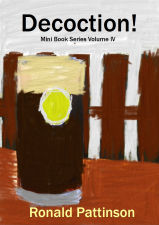



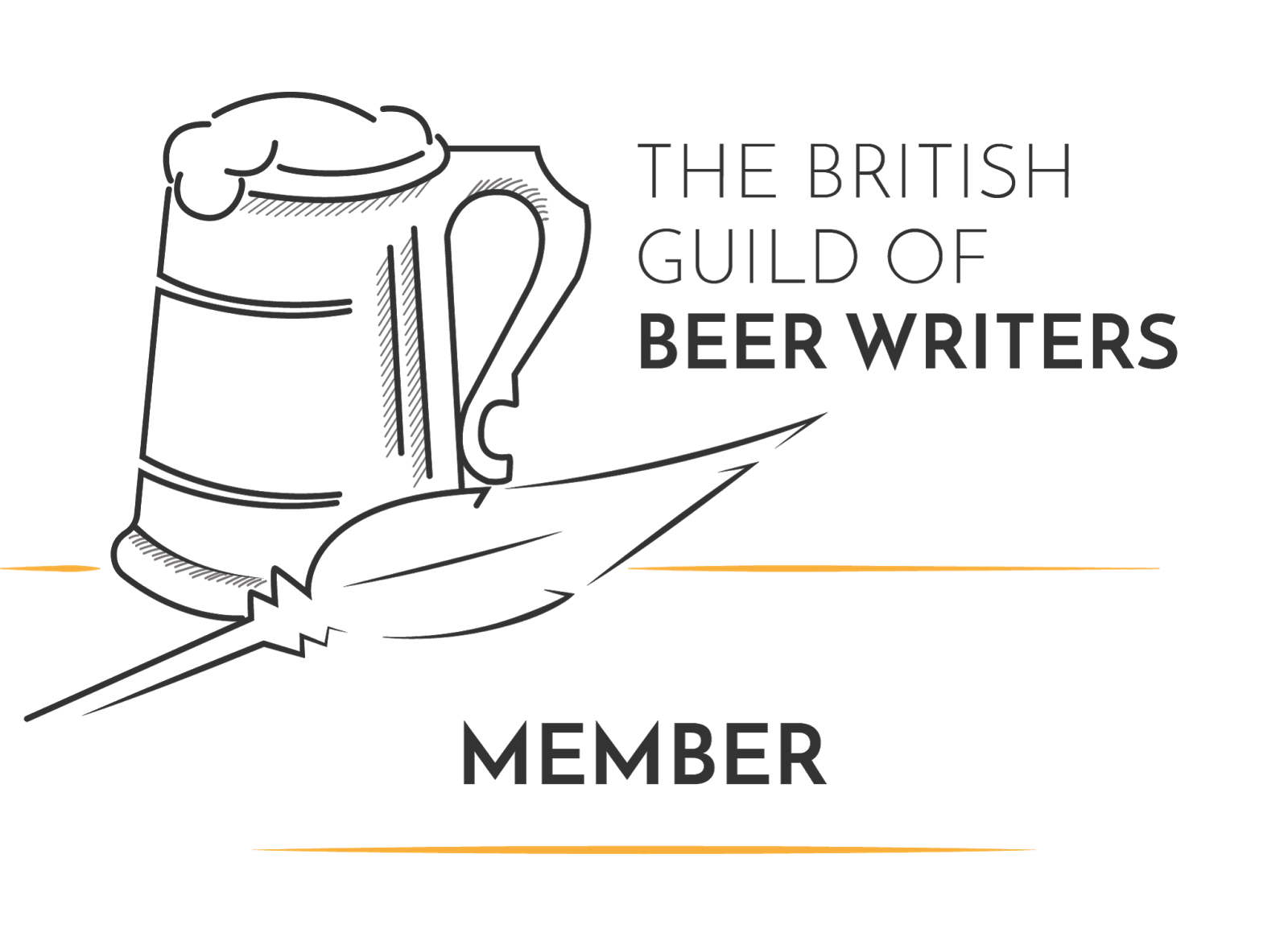









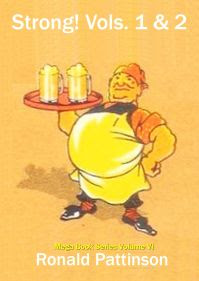


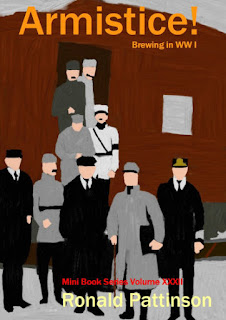
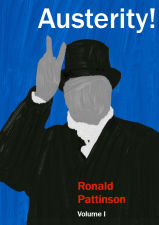







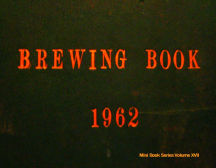
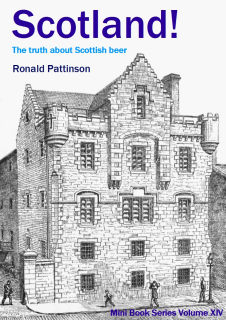
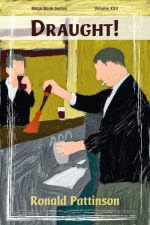

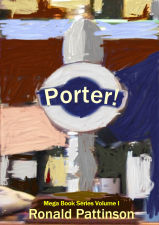





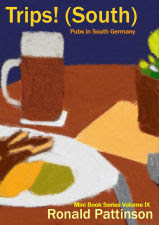
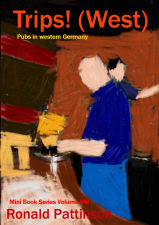
































No comments:
Post a Comment